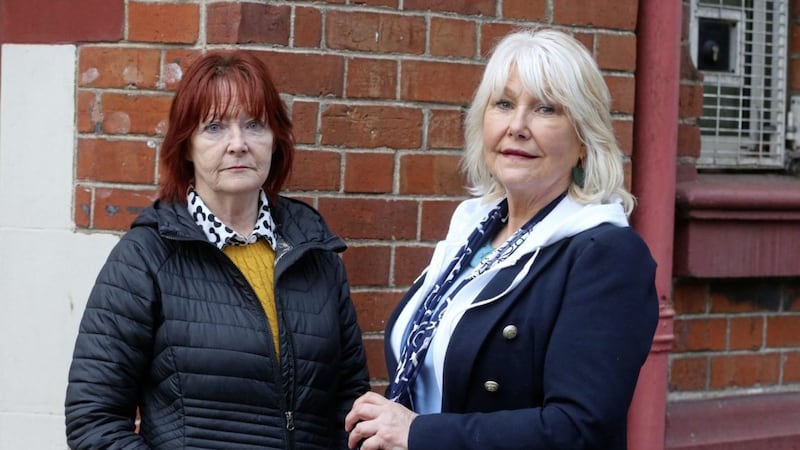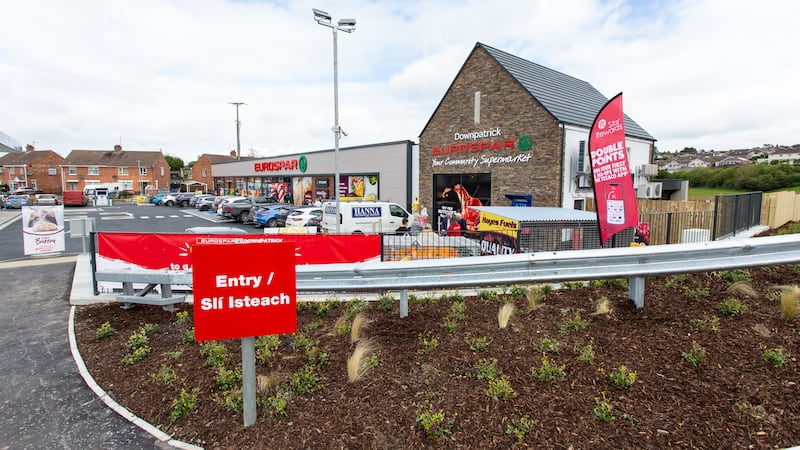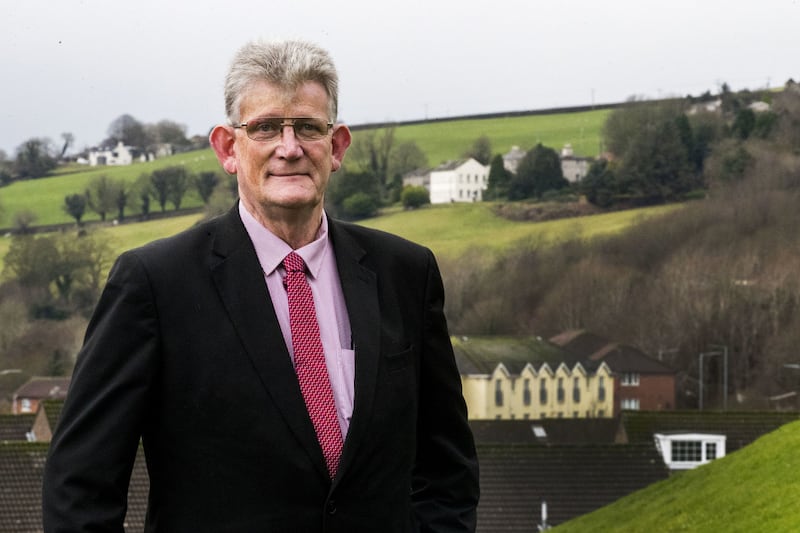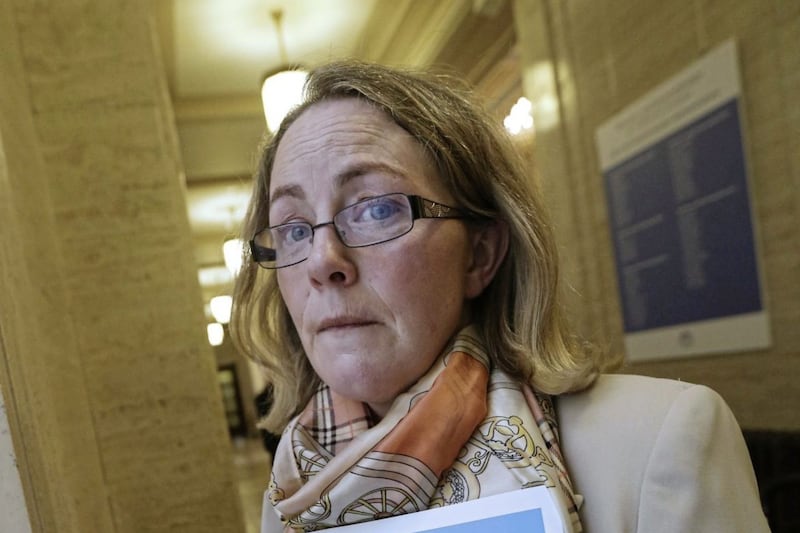INSTITUTIONAL abuse survivors will finally receive a public apology on March 11 - more than five years after the publication of the landmark Hart report.
It is understood First Minister Paul Givan and deputy First Minister Michelle O'Neill will make the apology at Stormont on behalf of the Executive.
Statements will also be made by the institutions criticised in the Hart report.
Mr Givan and Ms O'Neill are expected to formally announce the date of the apology today, on the fifth anniversary of the publication of the report.
"All I wanted was someone to say sorry".
— BBC News NI (@BBCNewsNI) January 20, 2022
Five years after a public inquiry recommended that survivors of child abuse in institutions should receive an official apology, they are still waiting.https://t.co/uvrIGjGiYW pic.twitter.com/AU01O5OwUV
The Historical Institutional Abuse inquiry, chaired by the late Sir Anthony Hart, exposed serious sexual, physical and emotional abuse over decades at children's homes run by religious orders, charities and the state.
The Hart report made a series of recommendations, including a public apology and a memorial.
Discussions about a memorial are expected to be taken forward in the next Assembly mandate, following May's elections.
Campaigner Margaret McGuckin, from Survivors and Victims of Institutional Abuse (Savia), said an apology was "long overdue".
"We welcome that it's happening at last but it has only come about because of our long campaign," she said.
"We have had to push and push. It's been nine years after the inquiry and five years after the findings. Why so long?"
Savia had planned to hold a protest at Stormont today and launch legal action against the Executive over the lack of an apology.
However, Ms McGuckin said these had now been cancelled.
"There is still a lot of work to be done," she said.
"We need a public campaign to reach survivors who have never come forward to let them know they can get help."
Ms McGuckin suggested a memorial bench to commemorate survivors could be set up in the Great Hall at Stormont.
Commissioner for Survivors of Institutional Childhood Abuse, Fiona Ryan, said any apology "must recognise the hurt, trauma and lived reality of survivors, and demonstrate full accountability".
"It is critical that this is a victim-centred process which results in a clear and unconditional acknowledgement of the hurt and trauma experienced by victims and survivors," she said.
Ms Ryan said the Hart report recognised that not every survivor wanted a public apology.
"Significantly, survivors for whom the apology may personally mean very little, recognise the importance it represents to others," she said.
"For many, an apology represents meaningful and necessary closure as well as acknowledgement of the pain and suffering they endured.
"There are also survivors who have never disclosed their experiences and may never disclose them."
Ms Ryan said there have been "significant delays in implementing the Historical Institutional Abuse Inquiry recommendations".
She said survivors should be told when all the report's recommendations, including a memorial, will be implemented.
"The need for urgency was recognised by the inquiry’s chair, Sir Anthony Hart, who said at the time of the report’s publication that all recommendations, including an apology, should be implemented urgently to avoid further delays that would only add to the burden survivors have carried with them to this point," she said.
Initial discussions on a memorial began in 2017 but stopped after the Executive collapsed in January 2017.
Ms Ryan said the Hart report recommended that the Arts Council should invite groups who represent survivors and victims to help select the design of a memorial.
"I do hope progress can be made this year," she said.
"I would also hope that the memorial, as recommended in the Inquiry report, is a starting point in the ongoing acknowledgement of victims and survivors of historical institutional abuse."








